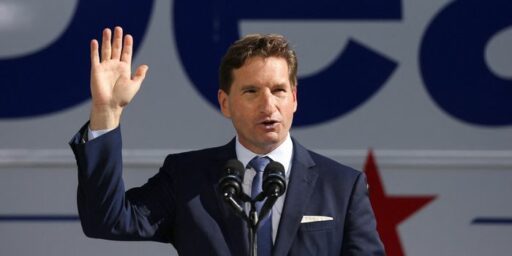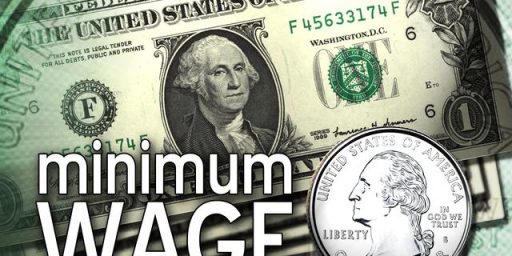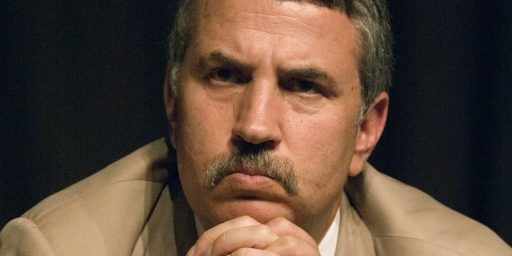Free Market Economist and Nobel Winner Milton Friedman Dies
The free market economist and Nobel Prize winner Milton Friedman died Thursday at the age of 94. Friedman was known primarily for his advocacy of free market policies, but he also contributed to economic theory as well. Friedman was one of the leaders of the Monetarist school of thought as well as his work against the basic Phillips Curve which lead to the stagflation of the 1970s.
Friedman opposed the early Keynesian macro theory by insisting that “money mattered”. In so doing Friedman proposed focusing on the “the Natural Rate of Unemployment” which later was formalized by the New Classical school of thought. Friedman attacked the idea of the Phillips Curve by suggesting that workers looked at expected real wage and that workers were really concerned about real purchasing power, or more simply, a real basket of commodities. While inflation could result in the perception that the real wage has gone up, reality would sink in that prices for all goods have risen by as much as the increase in wages and hence real purchasing power was not increased. Thus, after time people in the labor market would no longer be fooled by “money illusion” and would not respond to changes in the price/wage level as a result of inflation. The result: stagflation.
The New Classical school of thought, also out of Chicago like the Monetarist school formalized much of this work. The work of Lucas, Prescott, Sargent and others focused on the impact of monetary policy via formal economic models and arrived at a rather ironic conclusion: that systematic monetary policy does not matter and that only unanticipated (i.e. surpises) monetary shocks have any impact. Thus, any attempt by the Federal Reserve to influence real output was not going to work.
Friedman won his Nobel in 1976 for his work in monetary history and theory and consumption theory. In 2006 Edmund Phelps also won the Nobel and it was his work along with Friedman’s that lead to re-thinking the Phillips curve trade off. Friedman was also awarded the Presidential Medal of Freedom and the National Medal of Science (both in 1988).
Friedman is survived by his wife Rose, and his children, Janet Martel and David Friedman and four grandchildren, and three great-grandchildren.






Steve, can you explain something about Friedman to me & any other interested OTB readers?
I saw in Friedman’s obits that he argued we spend according to our lifetime expectation, not according to how much $$$ we have in our paycheck at a given time. Which I presume means that, if I anticipate never being well-off, I’m likely to spend less and save more?
Is that a correct understanding of Friedman’s position? And if so, why on earth would that be correct?
Anderson,
You are referring to Friedman’s permanent income hypothesis. The idea here is that income can be broken down into two components, transitory–like say winning a lottery, and permanent which is like a monthly paycheck. It is the latter, according to Friedman, that determines one’s consumption spending. That is, if you lucked out and won $1,000 in a lottery you’d save it (or pay down debt) so that you’d have more permanent income in the form of interest (or lower debt service which works out to more spending money as well per period–e.g. per month).
The problem is that paychecks and permanent income in general are not constants and don’t even grow at constant rates. For example, a college student might have a monthly paycheck of $1,000, but after graduation that could jump suddenly to 2 or even 3 times that amount. So measuring this hypothesis is difficult. Still it has quite a bit of allure for many economists since it makes so much sense and is fairly elegant.
That is, if you lucked out and won $1,000 in a lottery you’d save it
Friedman never met my wife, evidently. But thanks for the explication!